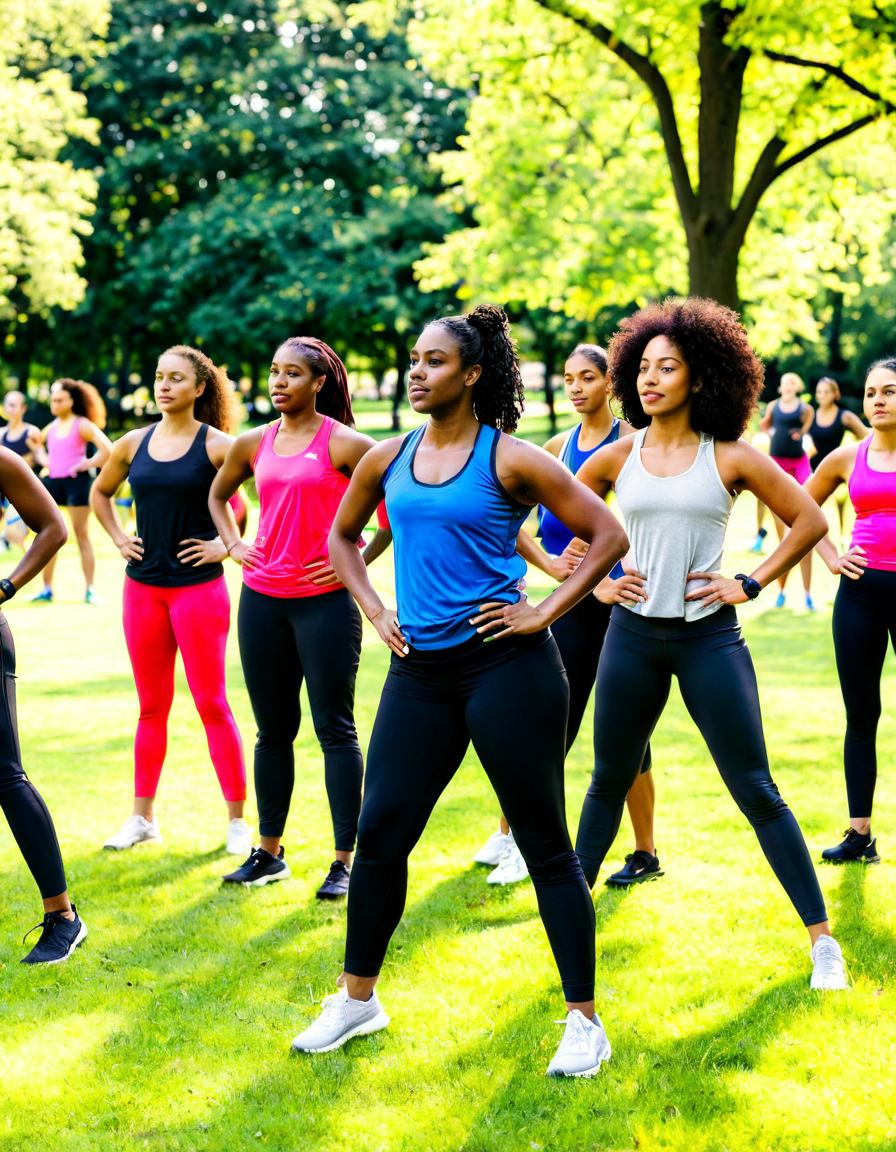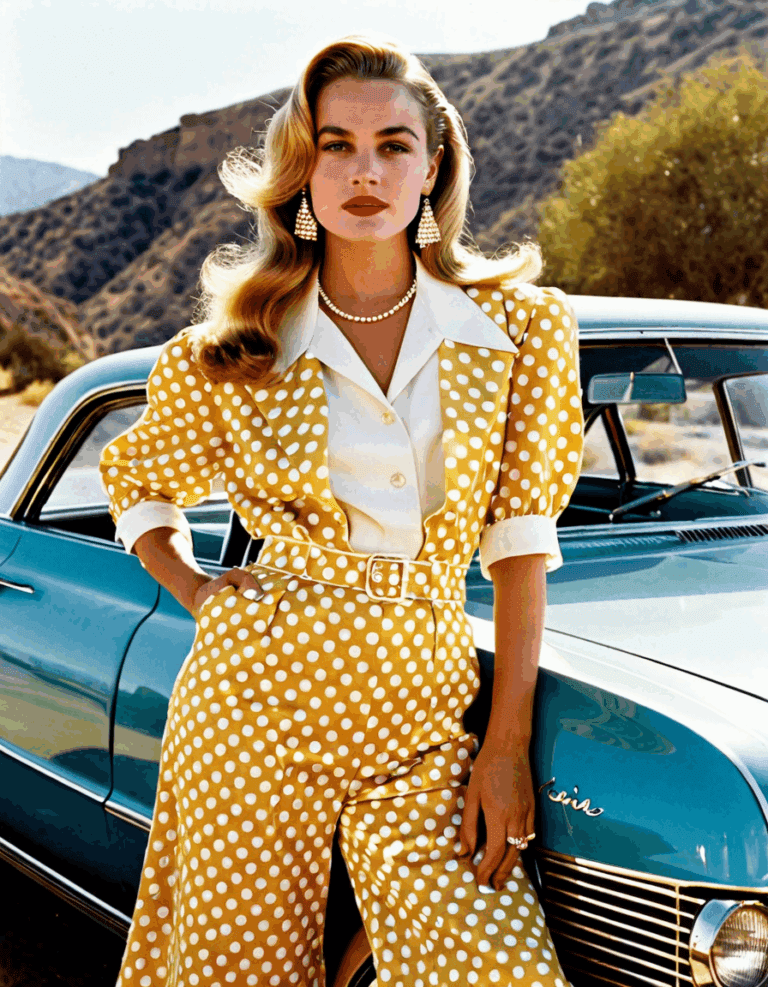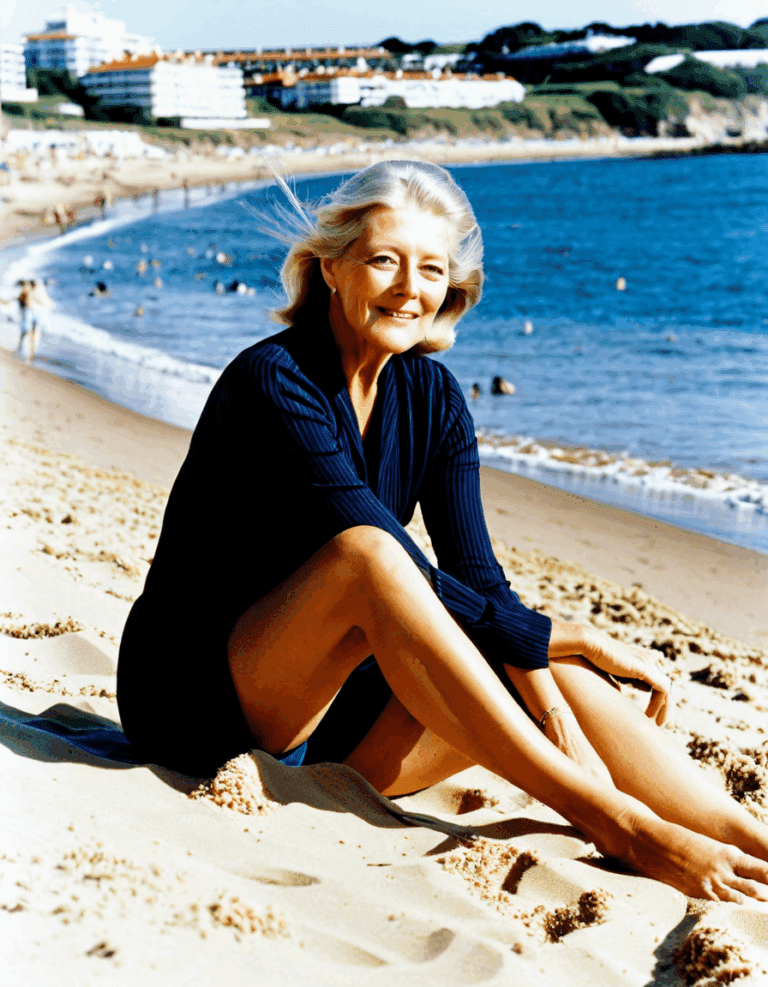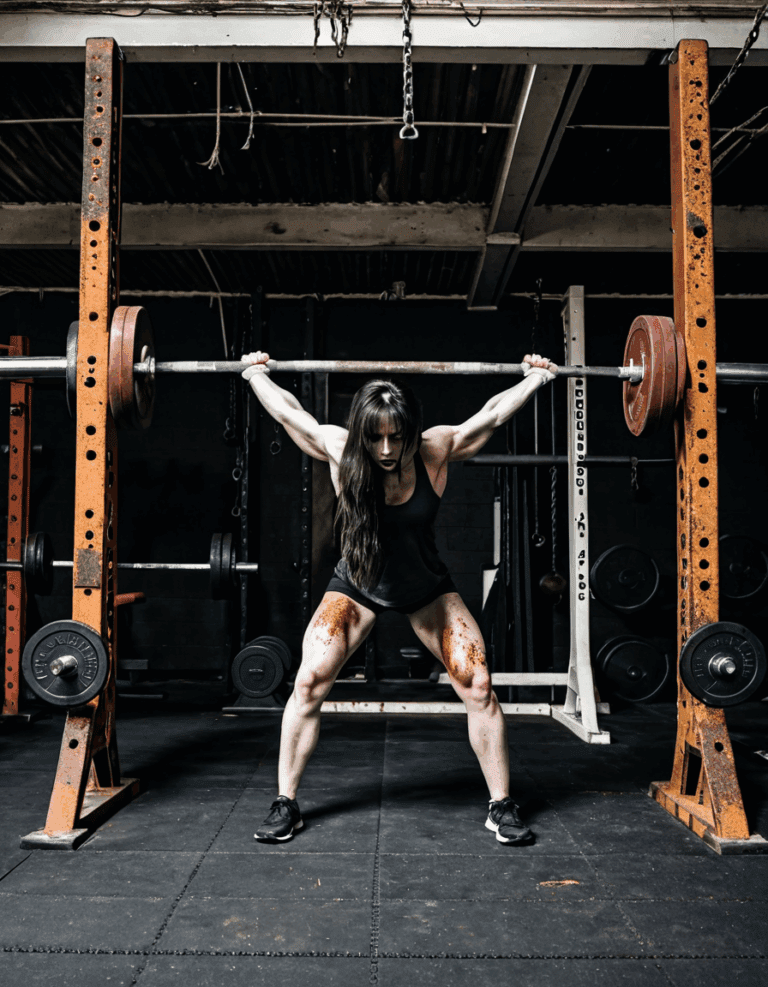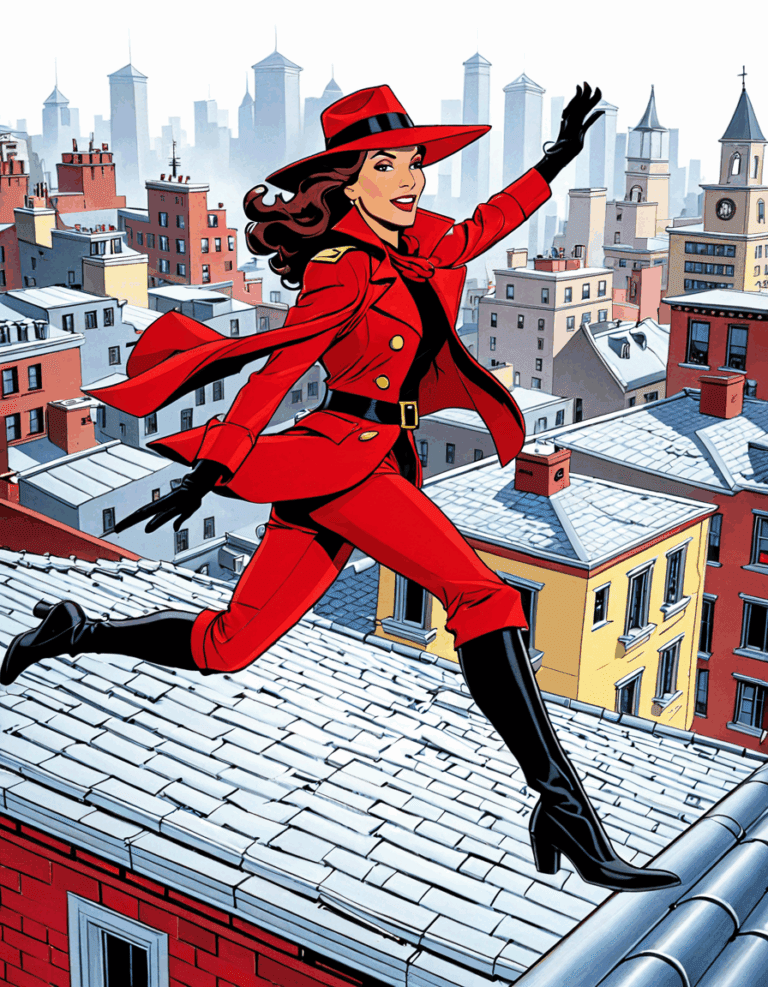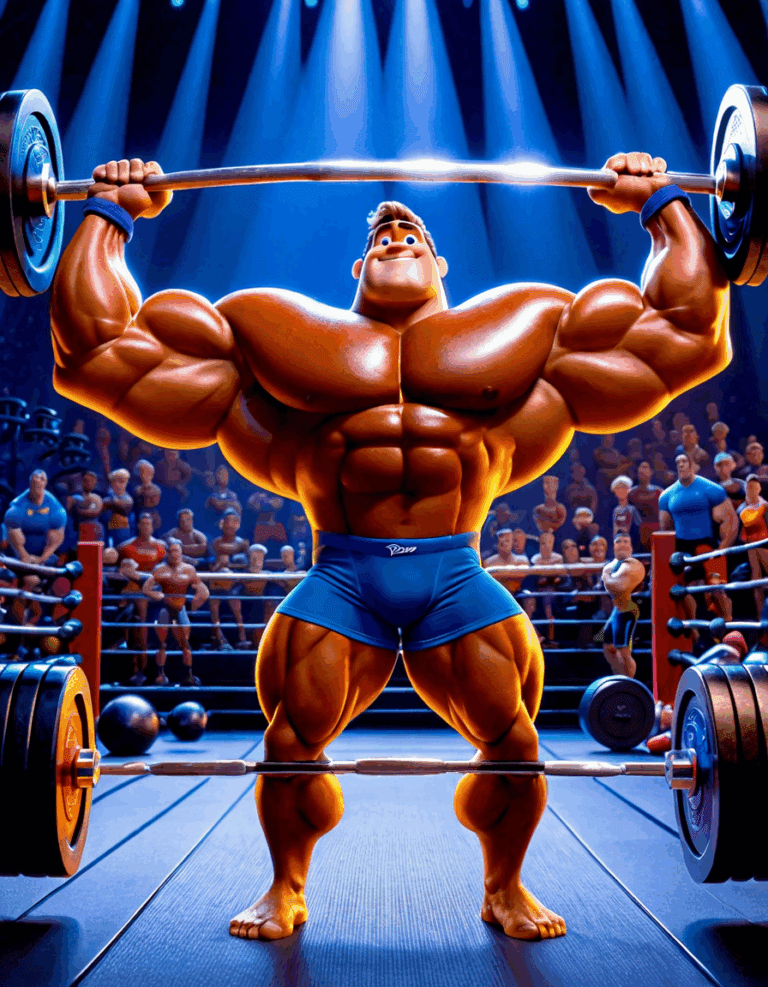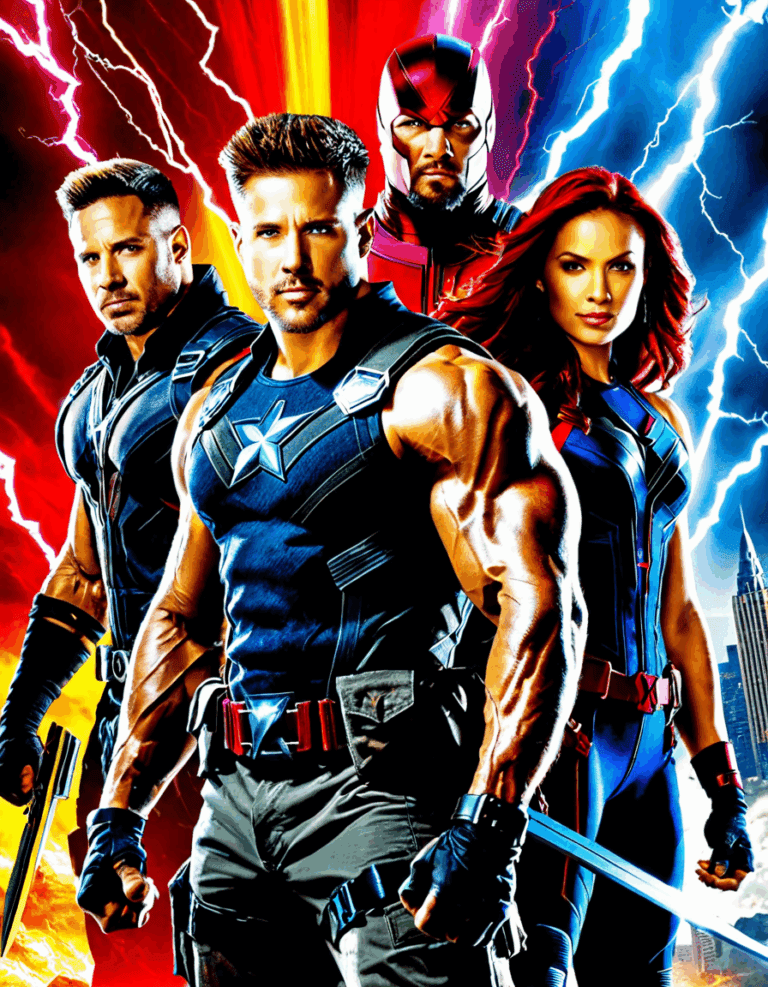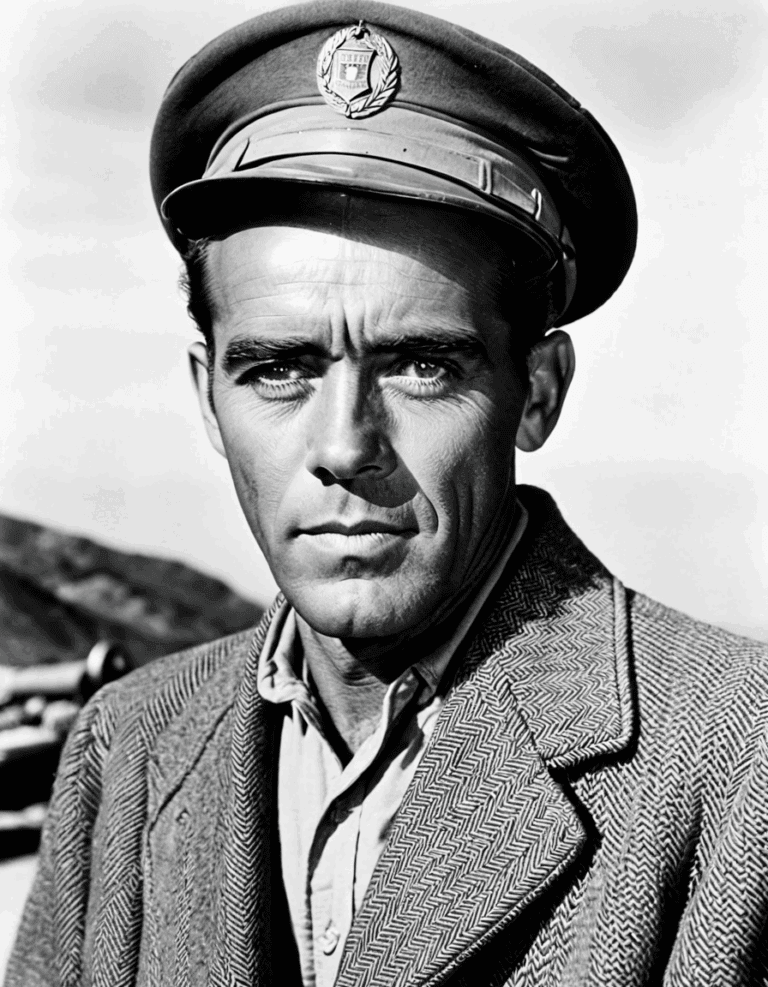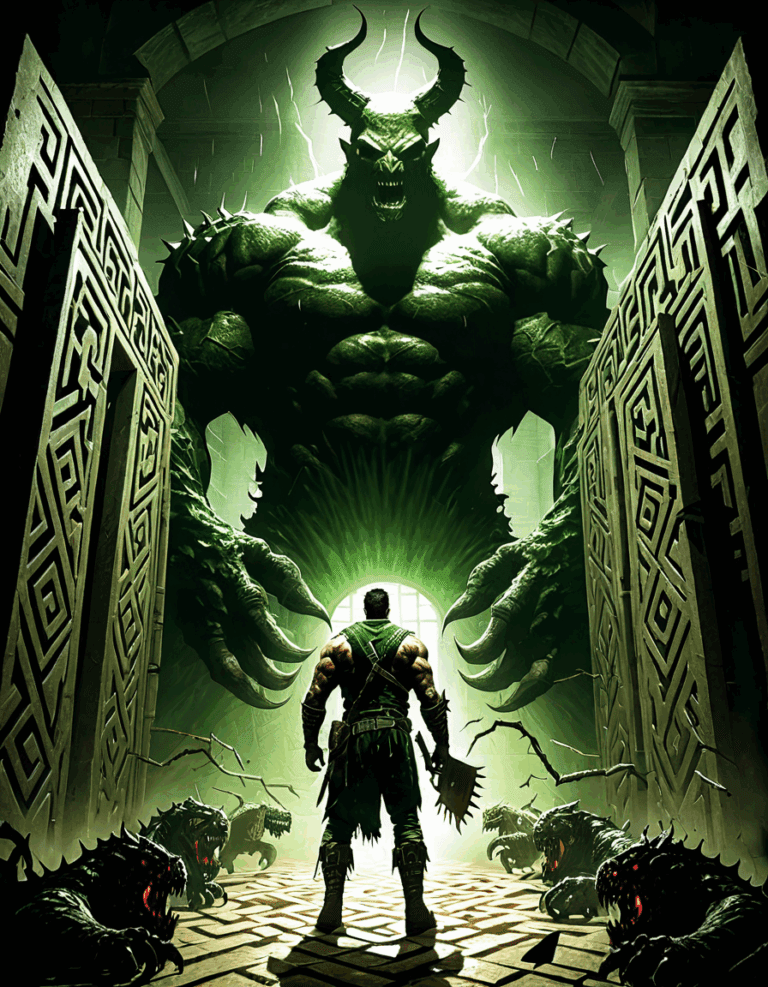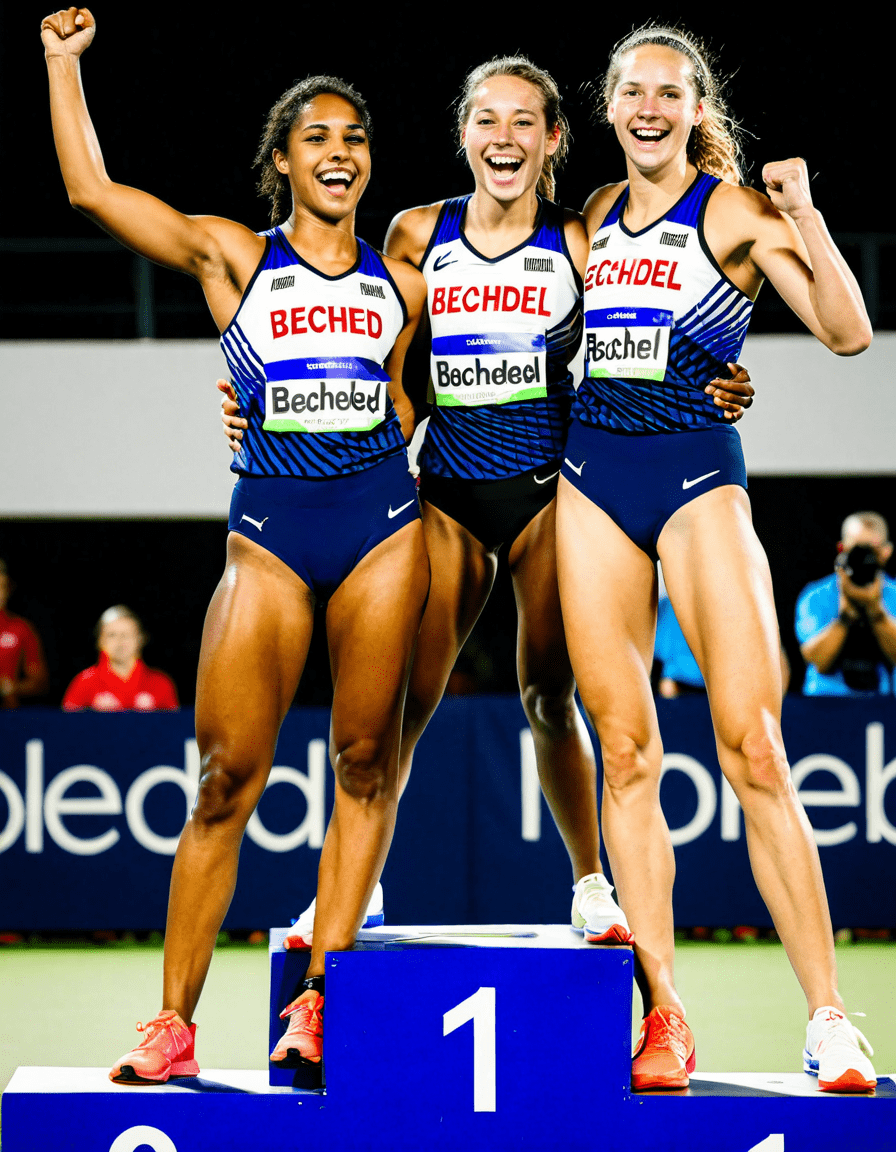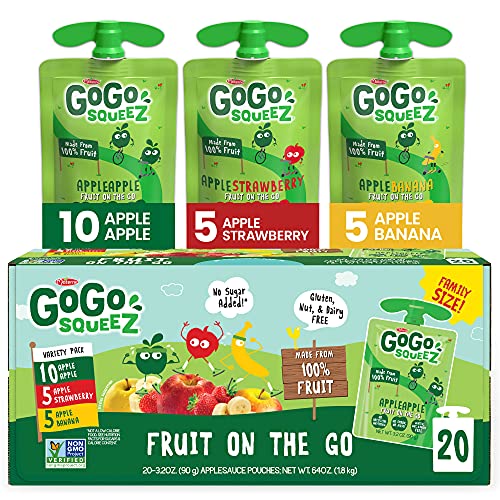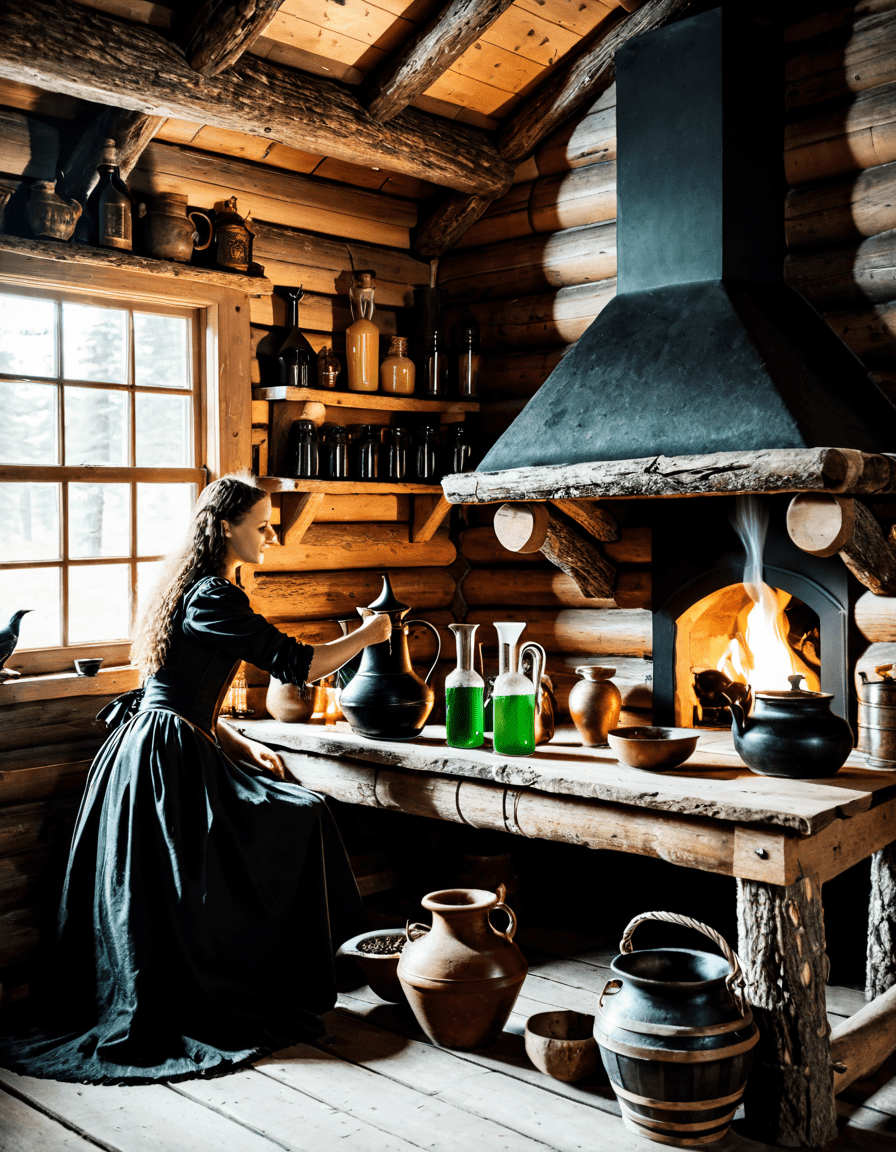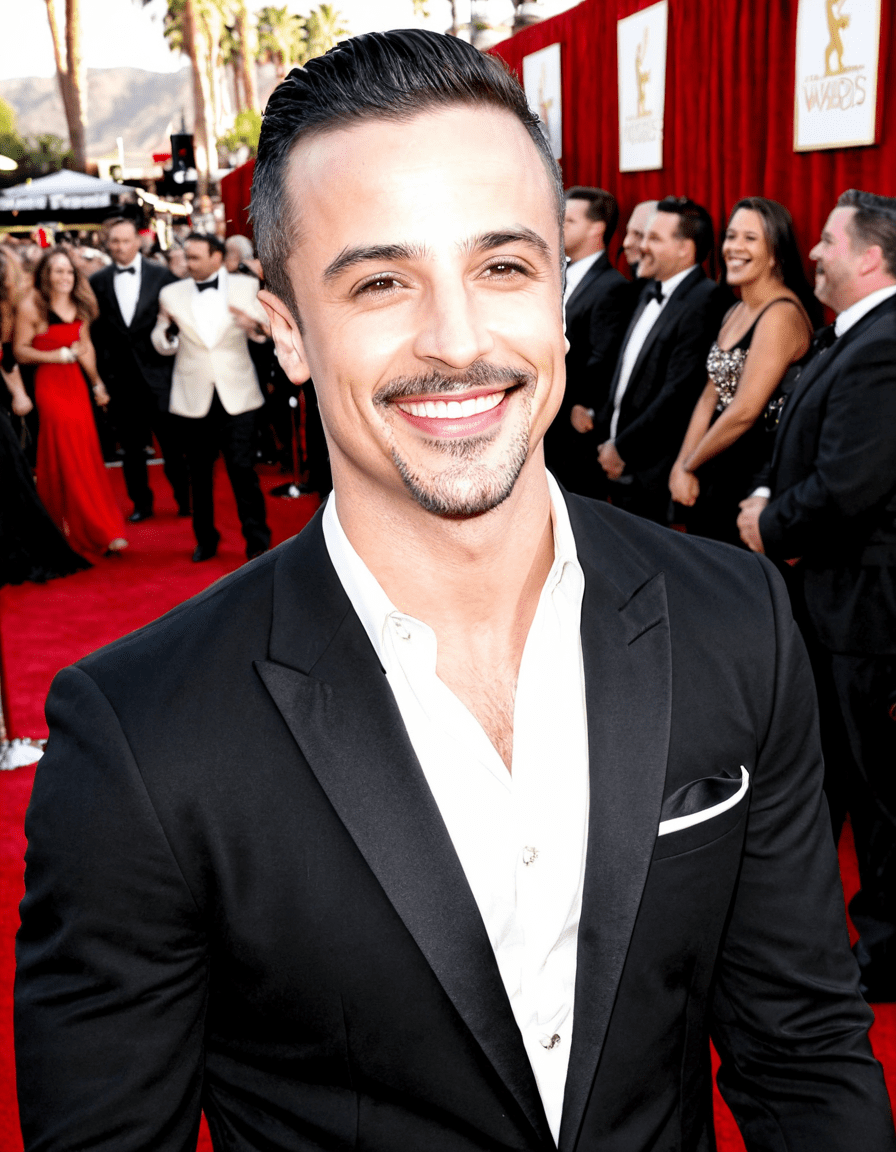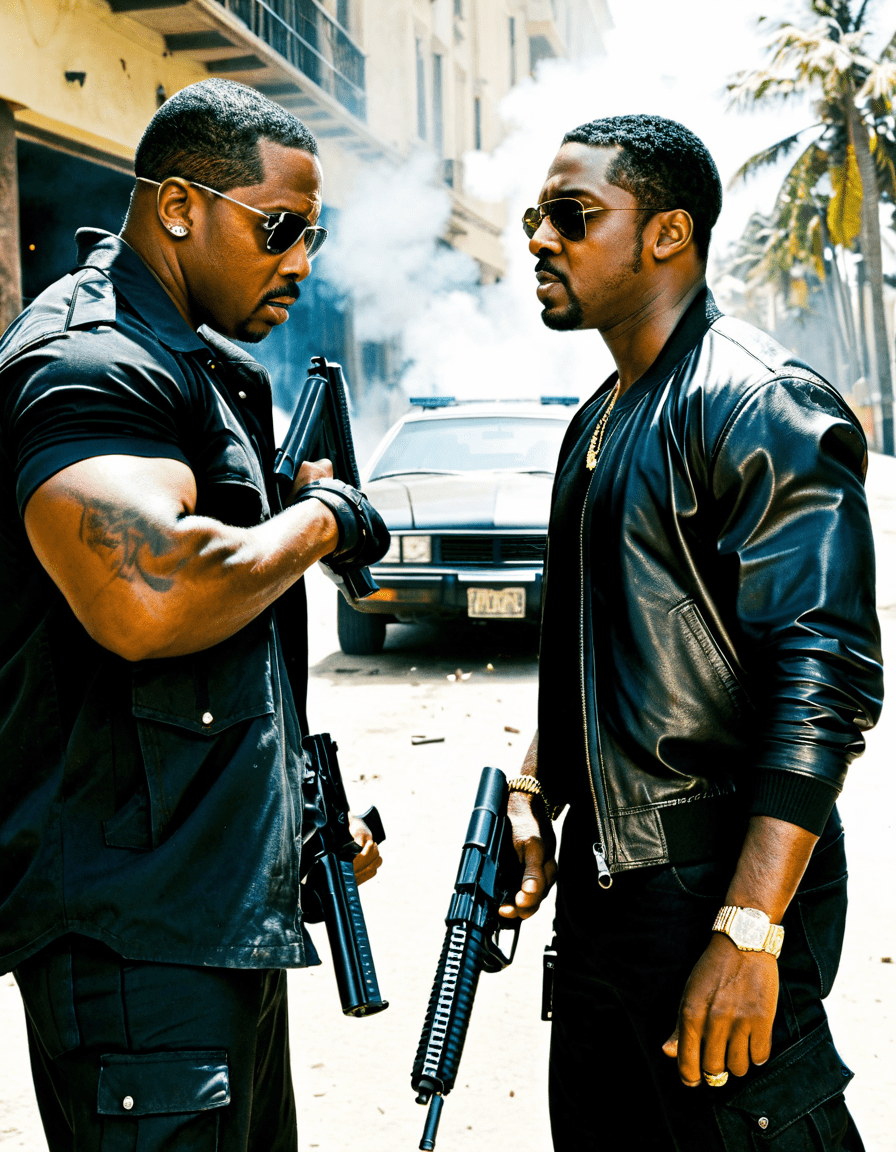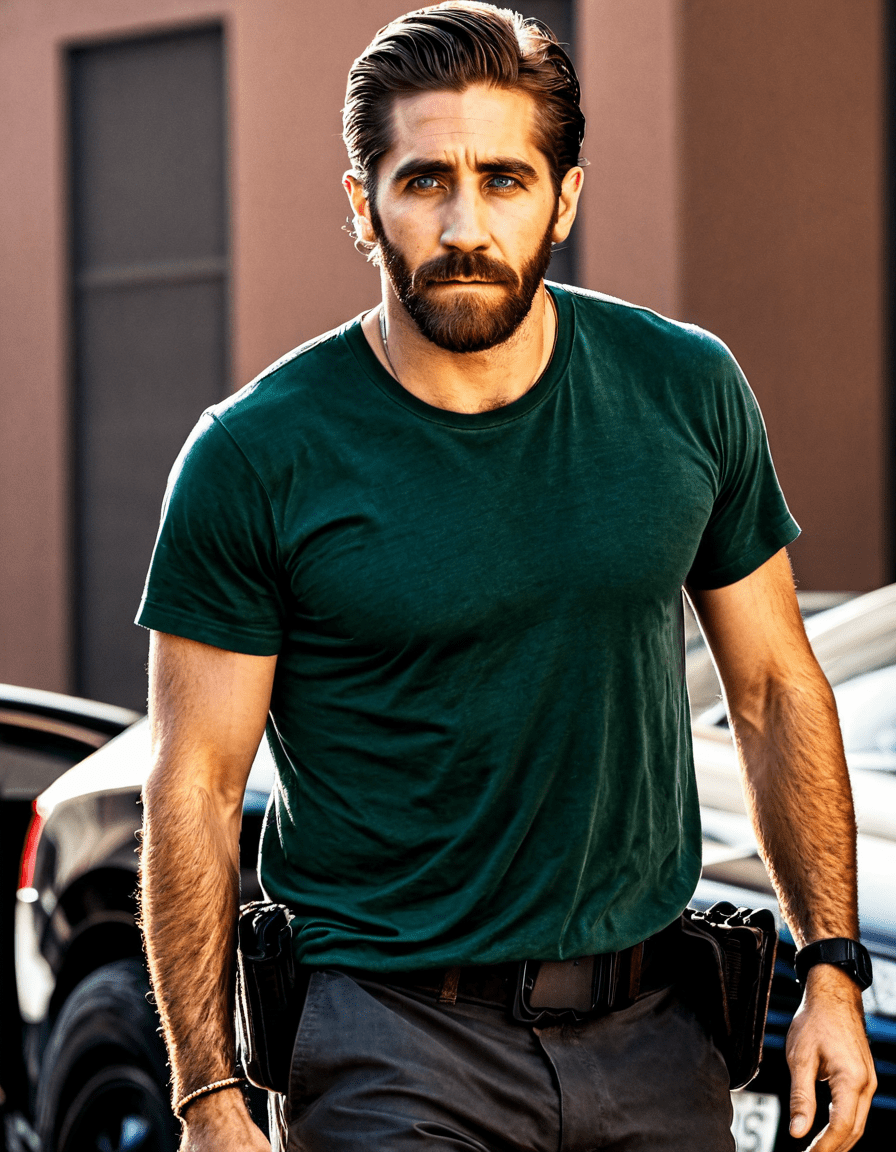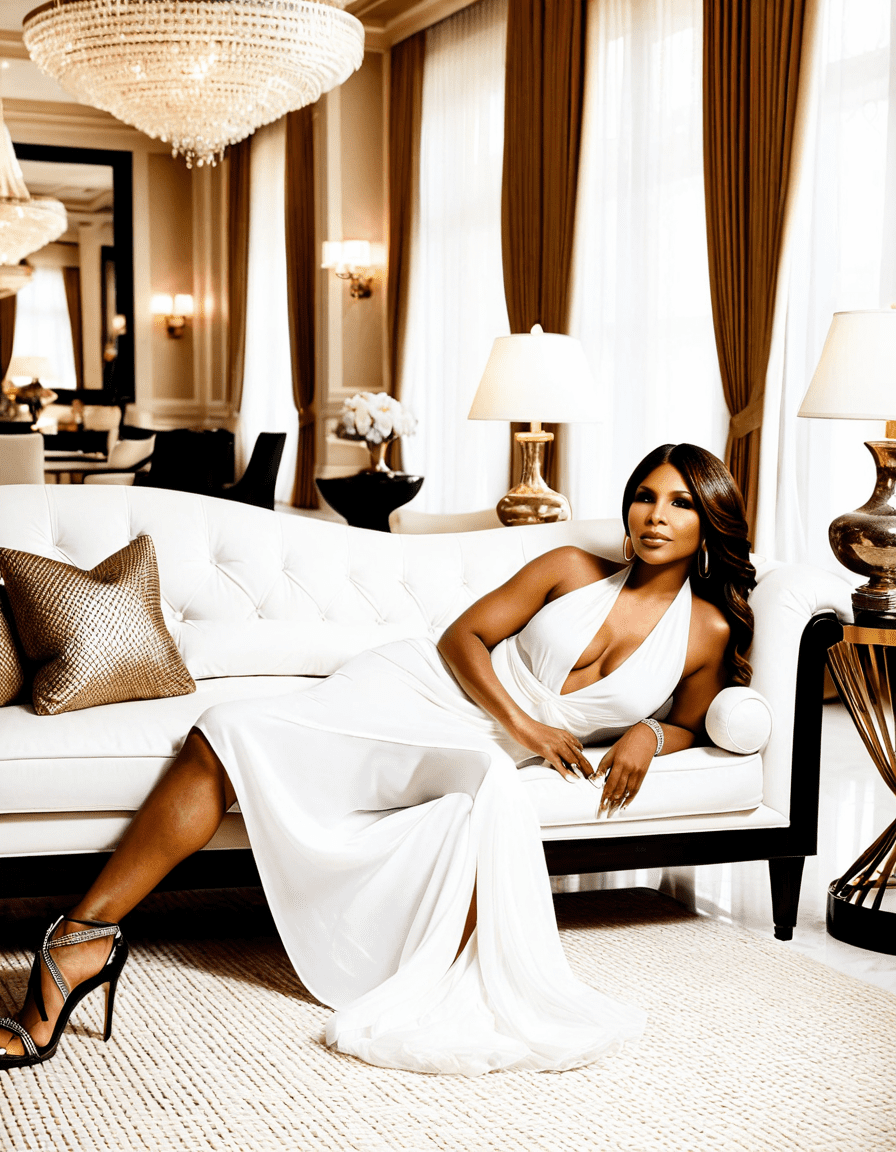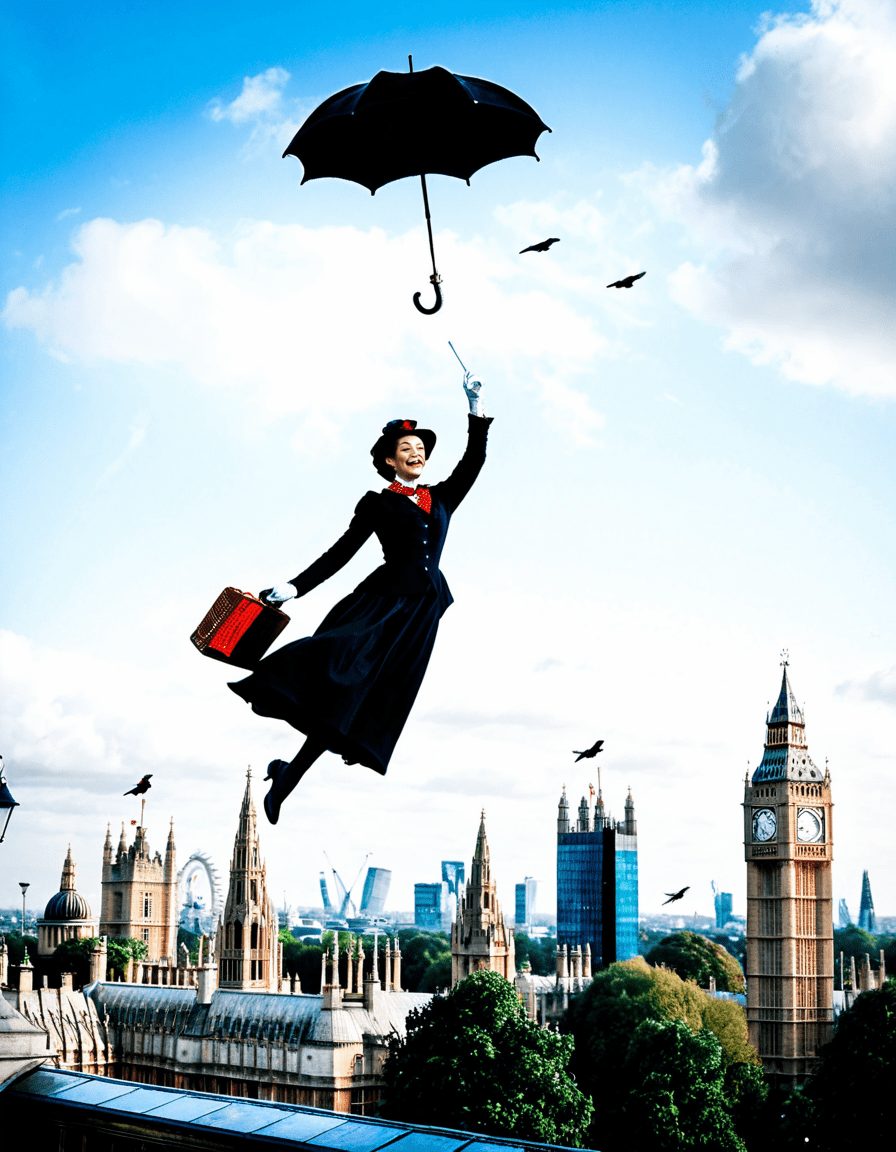The Bechdel Test has served as a critical gauge for women’s representation in film since its creation in 1985. This test, stemming from Alison Bechdel’s comic strip Dykes to Watch Out For, evaluates whether a film features at least two named female characters who discuss something other than a man. This seemingly simple criterion ignited vital conversations about gender representation in cinema, putting a magnifying glass on the roles women play on screen.
The scorecard reveals significant insights: While some films continue to fall short, others shine bright with engaging female narratives. As we explore these dimensions, we can better understand how the Bechdel Test mirrors the progression and stagnation of women’s roles in film. The consequences of these findings call attention to the widespread need for films that accurately reflect the diverse experiences and voices of women.

Top 7 Films That Fail the Bechdel Test and What They Say About Gender Representation
Hailed as one of the greatest superhero films, The Dark Knight still manages to limit female dialogue. The glaring absence of substantial female roles shows just how far behind the curve the industry remains, especially in a genre increasingly focused on broadening storytelling and representation.
Critics praised this film for its stark portrayal of male-driven narratives within the tech world. Still, the glaring lack of significant female presence reinforces the outdated notion that innovation belongs squarely to men. It’s a harsh reminder that gender inequality continues to permeate even in celebrated narratives.
Sure, you’ve got iconic female characters like Arwen and Éowyn. However, they primarily exist within plots that revolve around their male counterparts, sidelining female voices in epic narratives. The pattern is painfully clear: even well-crafted stories can treat women as secondary players.
Christopher Nolan’s mind-bending thriller dazzles with its visual flair, yet it also showcases minimal interaction among its female leads. This omission underlines a familiar narrative trend where male relationships garner the lion’s share of the story, limiting opportunities to explore female perspectives comprehensively.
Featuring strong characters like Black Widow, The Avengers still narrows its focus largely on its male ensemble. Consequently, there’s not a ton of meaningful dialogue among the female characters, missing out on chances for richer narrative exploration. It highlights a failure to leverage valuable female contributions to the superhero landscape.
Surprisingly, despite passing the Bechdel Test, it becomes evident that women are primarily supporting the male-led narrative. This situation raises critical questions about the nature of representation in action films, as more than just a passing grade is required for genuine female empowerment.
While this blockbuster features notable female leads, the depth of their conversations often revolves around the park or the males in the film. Hence, it’s hard not to wonder what truly constitutes authentic representation in modern cinema settings. Audiences deserve more than just surface interactions.

The Bechdel Test Revisited: Limitations and New Understandings
While the Bechdel Test offers a foundational method for gauging representation in film, it’s crucial to recognize its limits. Critics point out that merely passing the test doesn’t necessarily signal meaningful representation.
A New Narrative: Changing the Landscape of Women in Film
Recent years have birthed some exciting changes in female representation in the film industry. Films like Wonder Woman (2017) and Little Women (2019) have passed the Bechdel Test with flying colors, showcasing authentic female experiences that resonate strongly across audiences of all genders.
Streaming platforms, in particular, have bolstered the production of female-centered narratives. Series like The Queen’s Gambit (2020) and Fleabag (2016) prioritize women’s voices, effectively changing the game in storytelling by placing women at the forefront of compelling narratives. This shift offers a beacon of hope in a landscape previously dominated by male-centric plots.
Moreover, the growing awareness of the importance of intersectionality in storytelling enhances the industry’s narrative depth. Films like Nomadland (2020) and Black Panther (2018) delve into complex questions surrounding race and gender, broadening the conversation around what constitutes meaningful representation in modern cinema.
Rethinking Representation: What Lies Ahead
As we look to the future, filmmakers and audiences must remain vigilant in challenging age-old narratives and striving for improved representation of women in film. While the Bechdel Test serves as a vital benchmark, it’s merely the beginning of deeper discussions about female representation.
Exploring and diversifying female narratives offers the potential for richer, more satisfying cinematic experiences. The film industry is evolving, and with it grows the importance of inclusive storytelling. Women must be allowed to craft their narratives authentically and fully, ensuring that depiction on screen reflects the diverse world around us.
The path ahead offers exciting opportunities for the portrayal of women on screen. Engaging in this narrative journey isn’t just about passing tests; it’s about enriching the cinematic landscape for everyone. Let’s push for films that inspire, challenge, and empower through authentic storytelling. It’s time to break out and tell those stories—because they matter! Together, let’s reshape what’s possible in film, making every character and every story count.
For a closer look at films that exemplify these principles and those that miss the mark, check out resources like Kent and The fairy trip 1996, which provide further analysis on gender representation in cinema today. Let’s keep the conversation alive and building momentum!
Bechdel Test: The Gateway to Women’s Representation in Film
The Bechdel Test has become a cultural touchstone in discussions around women’s representation in cinema. Originating from Alison Bechdel’s comic strip, the test scrutinizes whether two female characters interact with each other about something besides a man. You’d be surprised how many popular films, like The Grudge, barely pass this simple yet profound measure. Despite an impressive storyline, it highlights the tendency of many productions to sideline female narratives, reinforcing the conversation around gender equality in Hollywood.
Unraveling Film Trivia
Here’s an interesting tidbit: Did you know that in 2023, the Barbie movie length sparked a lot of discussions? Some viewers felt it cleverly played with gender roles while offering fun, engaging storytelling, effectively challenging the norms outlined by the Bechdel Test. Speaking of gender dynamics, TV shows like Fanboy And Chum chum aren’t immune to criticism either, as they often focus more on male-centric plots over diversifying character dialogue—definitely food for thought!
The Impact on Cinema
Another noteworthy fact: Vanessa Redgrave, a powerhouse in portraying compelling female characters, often challenges traditional narratives in her films. This begs the question—how many films are truly meeting the Bechdel Test criteria? Many critics argue that unless scripts start prioritizing genuine female interactions, nothing will change. In a climate where films like Once Upon a Time in Hollywood engage with gender representation, we see both positive and negative evolutions, reflecting society’s shifting attitudes. For viewers tuned into representation, knowing the actors in projects like Eternamente Amandonos reparto reveals how crucial diverse storytelling is when evaluating success beyond box office numbers.
So, next time you pop some popcorn, consider how films stack up against the Bechdel Test! Whether film fans are revisiting classics or diving into the latest blockbusters like The , there’s always a chance to encourage more authentic female representation in a medium that affects us all.
